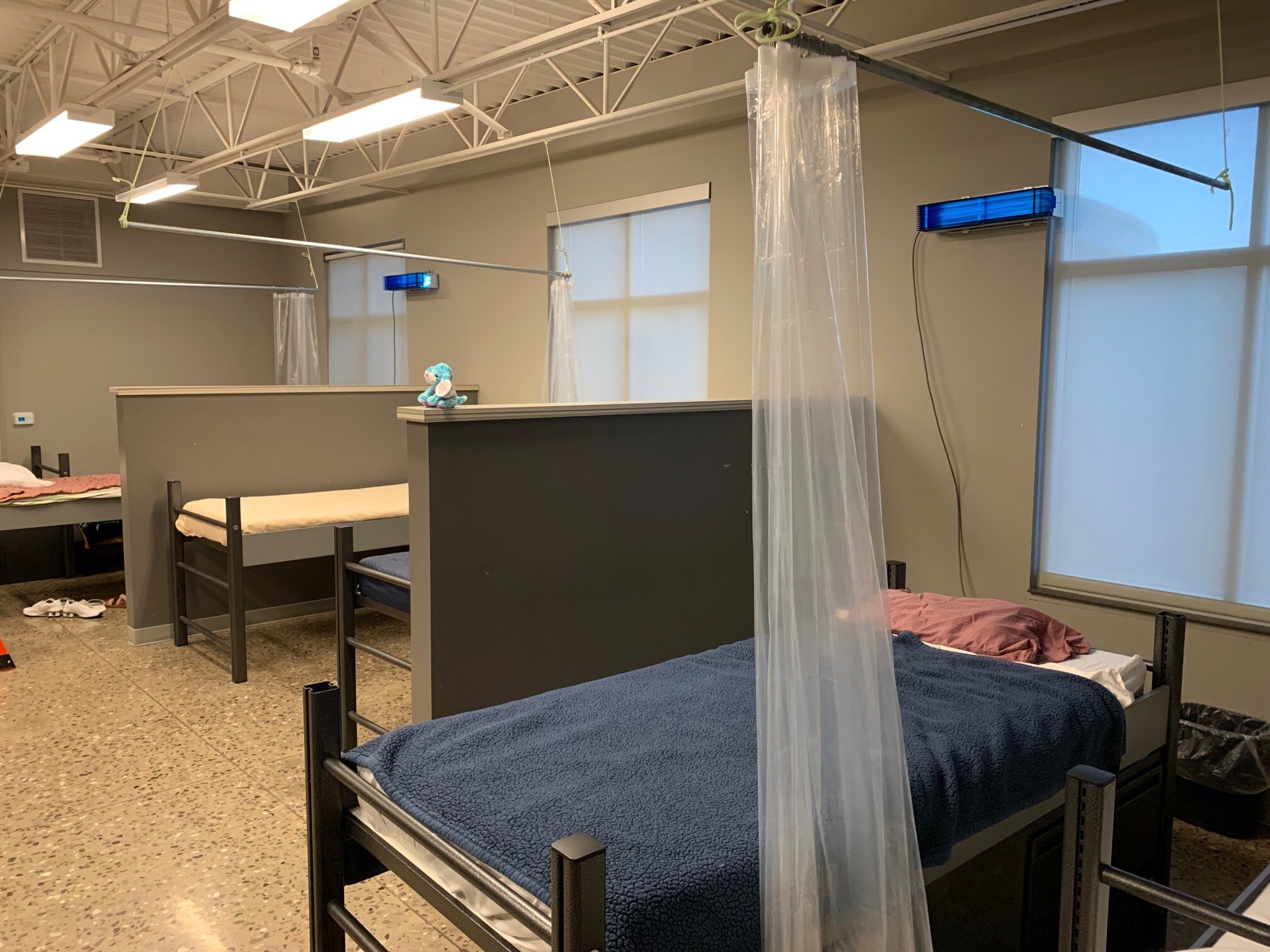"Two Existing Technologies Could Fight Covid Now" Published in the Wall Street Journal
/AA&D Executive Director, Tom Nicholson, and Senior Clinician, Dr. Salmaan Keshavjee, discuss in their recent Wall Street Journal article a strategy involving two well-established technologies to reduce COVID transmission and decrease severe disease and death. The first, GUV lighting, has been used for centuries to deactivate airborne infectious disease in crowded indoor settings and are currently on and providing a layer of protection in facilities across the country. The second, BCG vaccine, has been taken for almost a century by hundreds of millions of people with almost no side effects and studies so far have shown BCG to be a helpful vaccine against COVID-19 and to increase the efficacy of other vaccines. These two tools should be included in the United State's pandemic strategy as we protect our essential workers and begin the process of a safe reopening.
Read the November 16, 2020 article, "Two Existing Technologies Could Fight Covid Now," HERE.
GUV Lights Turned on at the Salvation Army of Central Oklahoma







